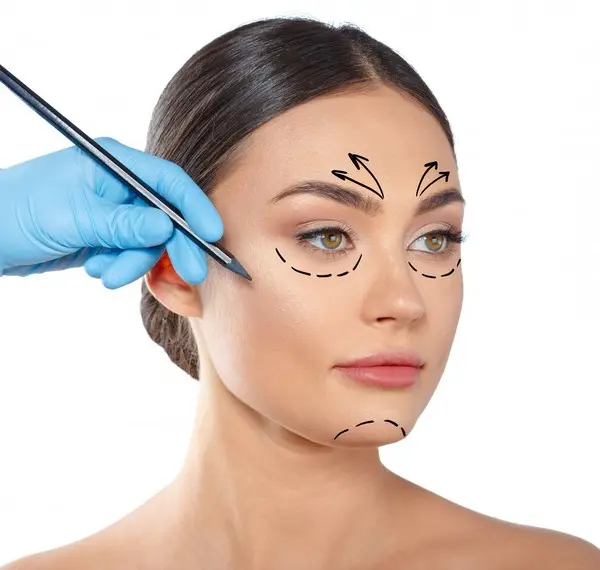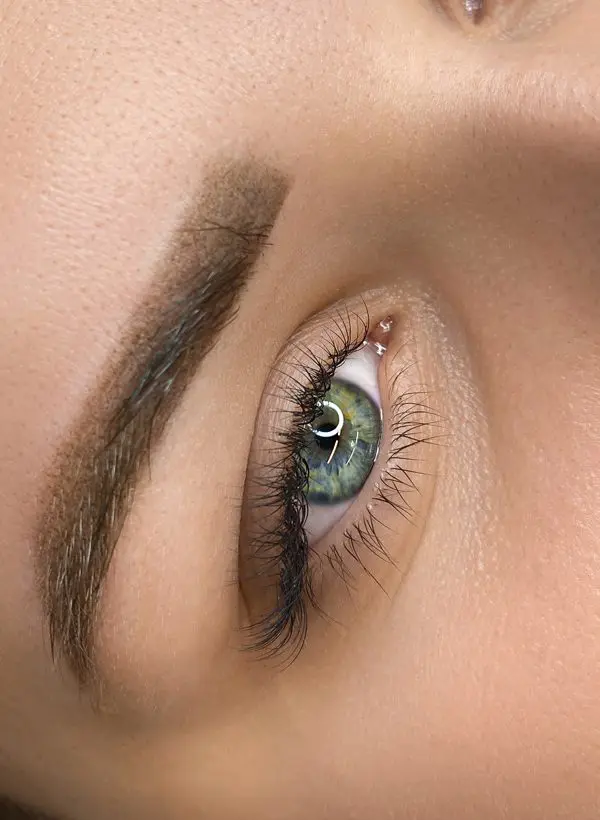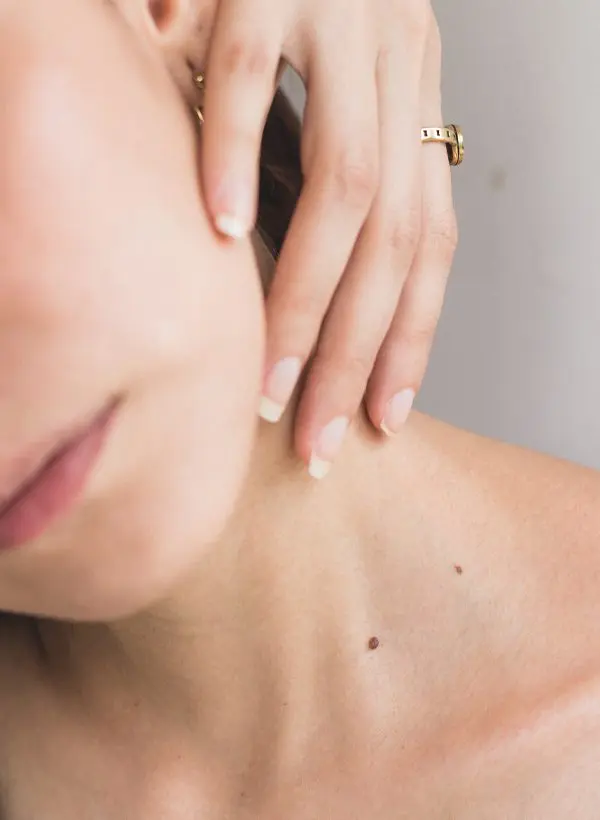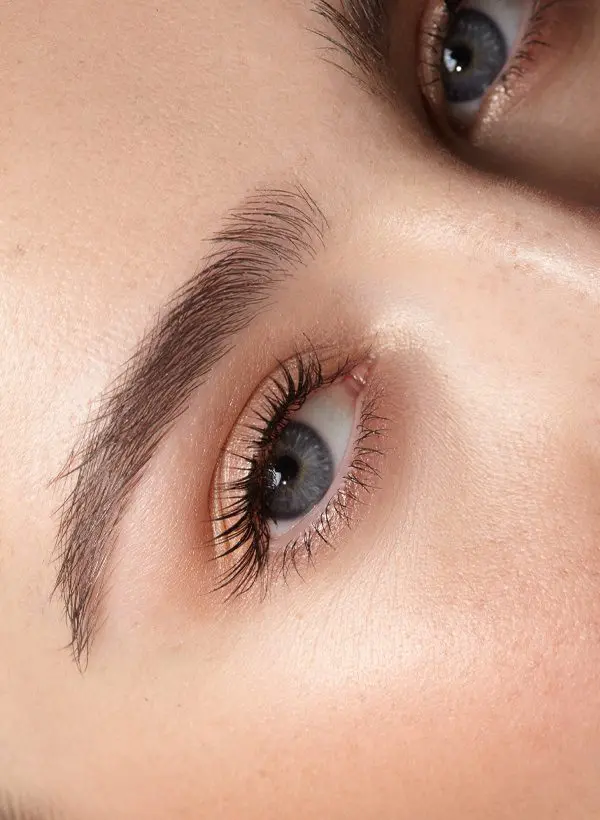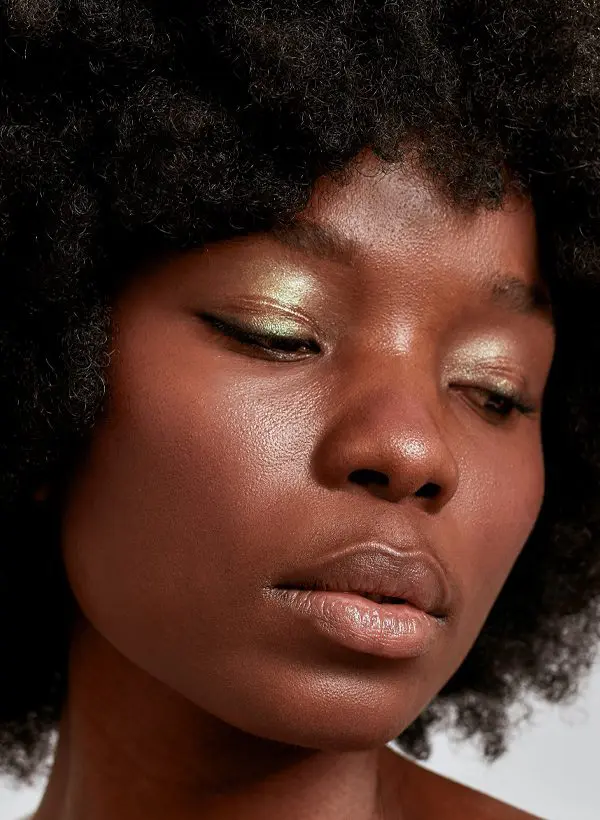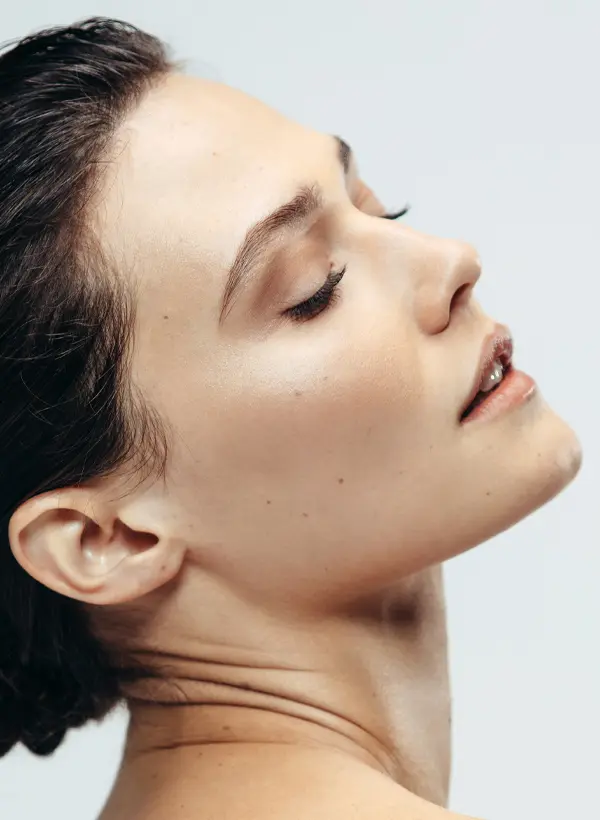CONDITIONS — FACE
Teeth Grinding
Teeth grinding, or bruxism, is a common condition that affects many individuals. It is the involuntary grinding of teeth, usually during sleep, and can cause serious damage to the teeth, jaw and surrounding facial structures. Teeth grinding can occur during the day, but is most common during sleep. Symptoms may include a sore jaw, facial pain, headaches, and tooth sensitivity or pain. It is important to be aware of the signs and symptoms of teeth grinding and to seek treatment if necessary. Treatment options may include lifestyle changes, stress management, medications, and the use of a mouth guard. With the proper treatment and care, teeth grinding can be managed and the damage it causes can be minimised.
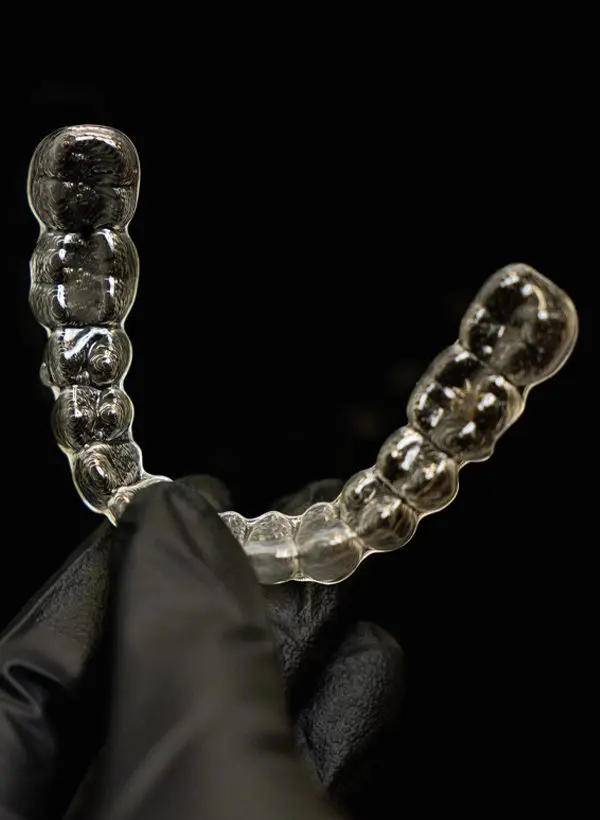
Overview
Achieving a well-refreshed face is a common aesthetic goal for the majority of individuals seeking to enhance their overall appearance and boost self-confidence. A harmoniously sculpted facial contour not only contributes to a youthful and vibrant look but also reflects one’s inner vitality and health.
Plastic Surgery and Bruxism: What You Need to Know
Bruxism, also known as teeth grinding, is a condition that affects an estimated 10percent of the population. It is characterised by the involuntary grinding of the teeth, usually during sleep, and can cause significant damage to the teeth, jaw and surrounding facial structures. Plastic surgery is an increasingly popular option for those dealing with the effects of bruxism.
What Is Bruxism?
Bruxism is the medical term for teeth grinding. It can occur during the day, but is most commonly seen during sleep. It is believed to be caused by a combination of environmental, psychological, and physiological factors. Common signs and symptoms of bruxism include a sore jaw, facial pain, headaches, and tooth sensitivity or pain. It is important to be aware of the signs and symptoms of bruxism and to seek treatment if necessary.
What Are the Treatment Options for Bruxism?
Treatment for bruxism typically starts with lifestyle modifications and stress management. Medications may be prescribed to help reduce the frequency and intensity of teeth grinding. In some cases, a mouth guard may be recommended to help protect the teeth from further damage. If these treatments are not effective, plastic surgery may be an option.
How Can Plastic Surgery Help with Bruxism?
Plastic surgery can help reduce the effects of bruxism by correcting the damage caused by the grinding. Depending on the severity of the condition, surgery may involve reshaping the teeth, removing any chips or fractures, and reconstructing the jaw structure. In more severe cases, a full-mouth reconstruction may be necessary.
What Should You Expect from Plastic Surgery for Bruxism?
When considering plastic surgery for bruxism, it is important to discuss all of the risks and benefits with your doctor. The success of the surgery will depend on the extent of the damage and the individual’s response to the treatment. After surgery, it is important to follow all of your doctor’s instructions for care and to practice good oral hygiene.
Plastic surgery can be an effective treatment for those dealing with the effects of bruxism. However, it is important to be aware of the potential risks and to discuss all of your options with your doctor. With the proper treatment and care, the effects of bruxism can be minimised and the damage it has caused can be corrected.
Facelift Condition
- Tired Eyes
- Facial Ageing
- Facial Volume Loss
- Wide / Square Jaw
- Gummy Smile
- Chin Augmentation
- Jawline Rejuvenation
- Jowls
- Teeth Grinding
- Eye Bags
- Drooping Brow
- Drooping Eyelids
- Double Chin
- Nasolabial Folds
- Premature Ageing
- Wrinkles
- Crows Feet
- Frown Lines
- Forehead Lines
- Drooping Mouth / Marionette Lines
- Thin Lips
- Gaunt Cheeks
- Prominent Ears
- Sagging Neck
- Turkey Neck
Related Treatments
News & Resources

Breast Reduction Surgery: Benefits, Risks, and Recovery
Breast Reduction Breast Reduction Surgery: Benefits, Risks, and Recovery Lighter, Firmer, Confident – The Transformation You Deserve! The weight carried, both literally and figuratively, when breasts are disproportionately large can significantly impact daily life, from physical discomfort to emotional strain. It’s a deeply personal experience, and considering surgical intervention is

Common Problems After Breast Reduction Surgery and How to Avoid Them
Breast Reduction Common Problems After Breast Reduction Surgery and How to Avoid Them Breast reduction surgery, or reduction mammoplasty, is a cosmetic technique that reduces the size of a person’s breasts, chest, or nipples. In general, the advantages outweigh the hazards, which are both low and uncommon. Still, it’s critical
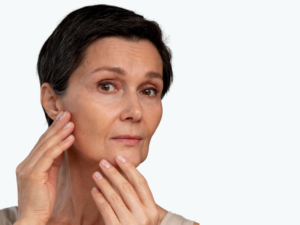
Sagging Skin & Jowls: How Facelift Surgery Can Restore a Defined Jawline?
FaceLift Sagging Skin & Jowls: How Facelift Surgery Can Restore a Defined Jawline? As we age, the skin naturally loses some of its strength and elasticity, causing changes in our overall appearance. One of the most prominent effects of this process is the gradual sagging of skin, particularly around the
